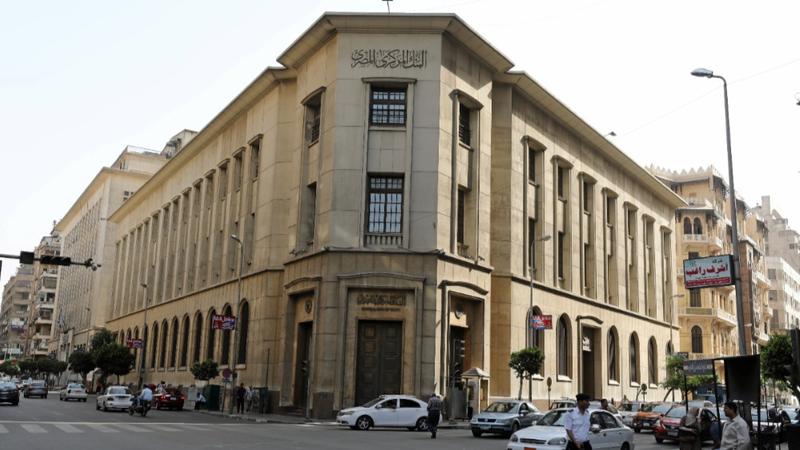Published 13:17 IST, April 24th 2024
Egypt commits to ending direct central bank lending under IMF programme
This approval followed Egypt's landmark $35 billion investment deal with the United Arab Emirates, which alleviated foreign currency shortages.

Egyptian central bank lending | Image:
Reuters
- Listen to this article
- 2 min read
Advertisement
13:17 IST, April 24th 2024
